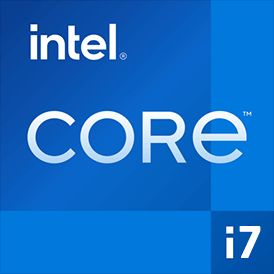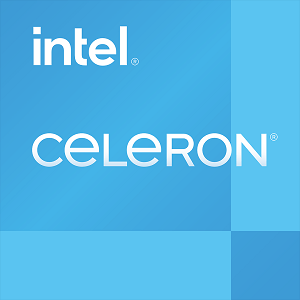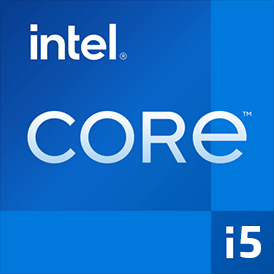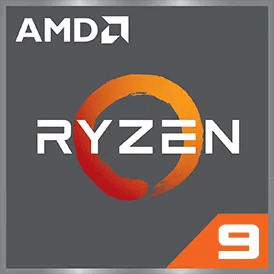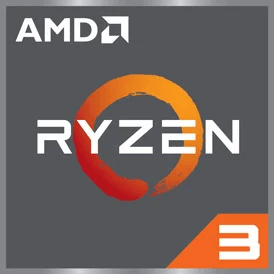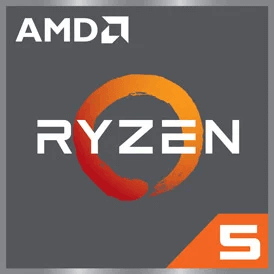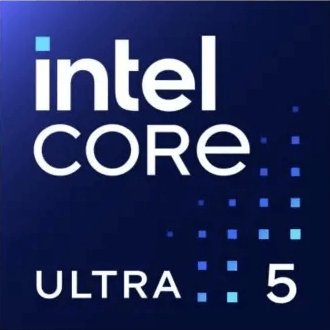Intel Core i7 8565U vs Intel Celeron N4500
We compared two laptop CPUs: Intel Core i7 8565U with 4 cores 1.8GHz and Intel Celeron N4500 with 2 cores 1.1GHz . You will find out which processor performs better in benchmark tests, key specifications, power consumption and more.
Main Differences
Intel Core i7 8565U 's Advantages
Better graphics card performance
Higher base frequency (1.8GHz vs 1.1GHz)
Larger L3 cache size (8MB vs 4MB)
Intel Celeron N4500 's Advantages
Released 2 years and 5 months late
Higher specification of memory (2933 vs 2400)
Larger memory bandwidth (45.8GB/s vs 37.5GB/s)
More modern manufacturing process (10nm vs 14nm)
Lower TDP (6W vs 15W)
Score
Benchmark
Cinebench R23 Single Core
Intel Core i7 8565U
+139%
1082
Intel Celeron N4500
452
Cinebench R23 Multi Core
Intel Core i7 8565U
+334%
3073
Intel Celeron N4500
707
Geekbench 6 Single Core
Intel Core i7 8565U
+142%
1249
Intel Celeron N4500
515
Geekbench 6 Multi Core
Intel Core i7 8565U
+292%
3461
Intel Celeron N4500
882
Blender
Intel Core i7 8565U
+642%
52
Intel Celeron N4500
7
Geekbench 5 Single Core
Intel Core i7 8565U
+76%
1020
Intel Celeron N4500
578
Geekbench 5 Multi Core
Intel Core i7 8565U
+186%
3064
Intel Celeron N4500
1071
Passmark CPU Single Core
Intel Core i7 8565U
+61%
2197
Intel Celeron N4500
1362
Passmark CPU Multi Core
Intel Core i7 8565U
+210%
6164
Intel Celeron N4500
1984
General Parameters
Aug 2018
Release Date
Jan 2021
Intel
Manufacturer
Intel
Laptop
Type
Laptop
x86-64
Instruction Set
x86-64
Whiskey Lake
Core Architecture
Jasper Lake
i7-8565U
Processor Number
N4500
BGA-1528
Socket
BGA-1338
UHD Graphics 620
Integrated Graphics
UHD Graphics (Jasper Lake 16 EU)
Package
14 nm
Manufacturing Process
10 nm
15 W
Power Consumption
6 W
100 °C
Peak Operating Temperature
105 °C
CPU Performance
4
Performance Cores
2
8
Performance Core Threads
2
1.8 GHz
Performance Core Base Frequency
1.1 GHz
4.6 GHz
Performance Core Turbo Frequency
-
4
Total Core Count
2
8
Total Thread Count
2
100 MHz
Bus Frequency
100 MHz
18x
Multiplier
11x
64 K per core
L1 Cache
32 K per core
256 K per core
L2 Cache
384 K per core
8 MB shared
L3 Cache
4 MB shared
No
Unlocked Multiplier
No
Memory Parameters
DDR4-2400, LPDDR3-2133
Memory Types
DDR4-2933
64 GB
Max Memory Size
32 GB
2
Max Memory Channels
2
37.5 GB/s
Max Memory Bandwidth
45.8 GB/s
No
ECC Memory Support
No
Graphics Card Parameters
true
Integrated Graphics
true
300 MHz
GPU Base Frequency
350 MHz
1150 MHz
GPU Max Dynamic Frequency
750 MHz
192
Shader Units
256
24
Texture Units
16
3
Raster Operation Units
8
24
Execution Units
16
15 W
Power Consumption
6 W
4096x2304 - 60 Hz
Max Resolution
-
0.38 TFLOPS
Graphics Performance
0.24 TFLOPS
Miscellaneous
3.0
PCIe Version
3.0
16
PCIe Lanes
8
SSE4.1, SSE4.2, AVX-2
Extended Instruction Set
-
